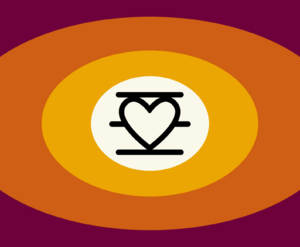Ephebophilia: Difference between revisions
mNo edit summary |
mNo edit summary |
||
| Line 13: | Line 13: | ||
== References == | == References == | ||
[[Category:Original pages]] | [[Category:Original pages]] | ||
[[Category:English]] | |||
Latest revision as of 02:24, 7 May 2024

Ephebophilia is attraction to freshly postpubescent young people, typically in the age range from 15 to 19.
Inclusion in map attractions
Despite being an attraction to biologically developed individuals, ephebophilia is frequently grouped together with attractions of the map spectrum. This happens because of the stigma shared by older people who find themselves attracted to the youth in the Western society, as well as an ageist idea that older teenagers are in some ways equivalent to children, and associated with that legal status of a minor a large fraction of this age group has. Ephebophiles are not inherently classified as maps, but may identify as such.
History of the term
The term itself comes from the Greek word "ephebos" (ἔφηβος), denoting a young man (17-20) training to become a full citizen[1]. It was coined by French doctor Georges Saint-Paul in his work Tares et Poisons: Perversion et Perversité Sexuelles, where he was attempting to classify male homosexuality[2]. This term gained more traction and relative popularity in the middle of the 20th century.
Misconceptions
Some, including prominent researchers [3], occasionally cut off the upper edge of ephebophilia and equate it to attraction to 15-17 year olds. This is done to validate separating age attractions into two monolithic groups, with 18, the age of consent in multiple USA states, as the dividing line.
References
- ↑ Ehebos, via Wikipedia.
- ↑ Janssen D. F. (2015). 'Chronophilia': Entries of Erotic Age Preference into Descriptive Psychopathology. Medical history, 59(4), 575–598. https://doi.org/10.1017/mdh.2015.47
- ↑ Lievesley, R., Swaby, H., Harper, C.A. et al. Primary Health Professionals’ Beliefs, Experiences, and Willingness to Treat Minor-Attracted Persons. Arch Sex Behav 51, 923–943 (2022). https://doi.org/10.1007/s10508-021-02271-7
